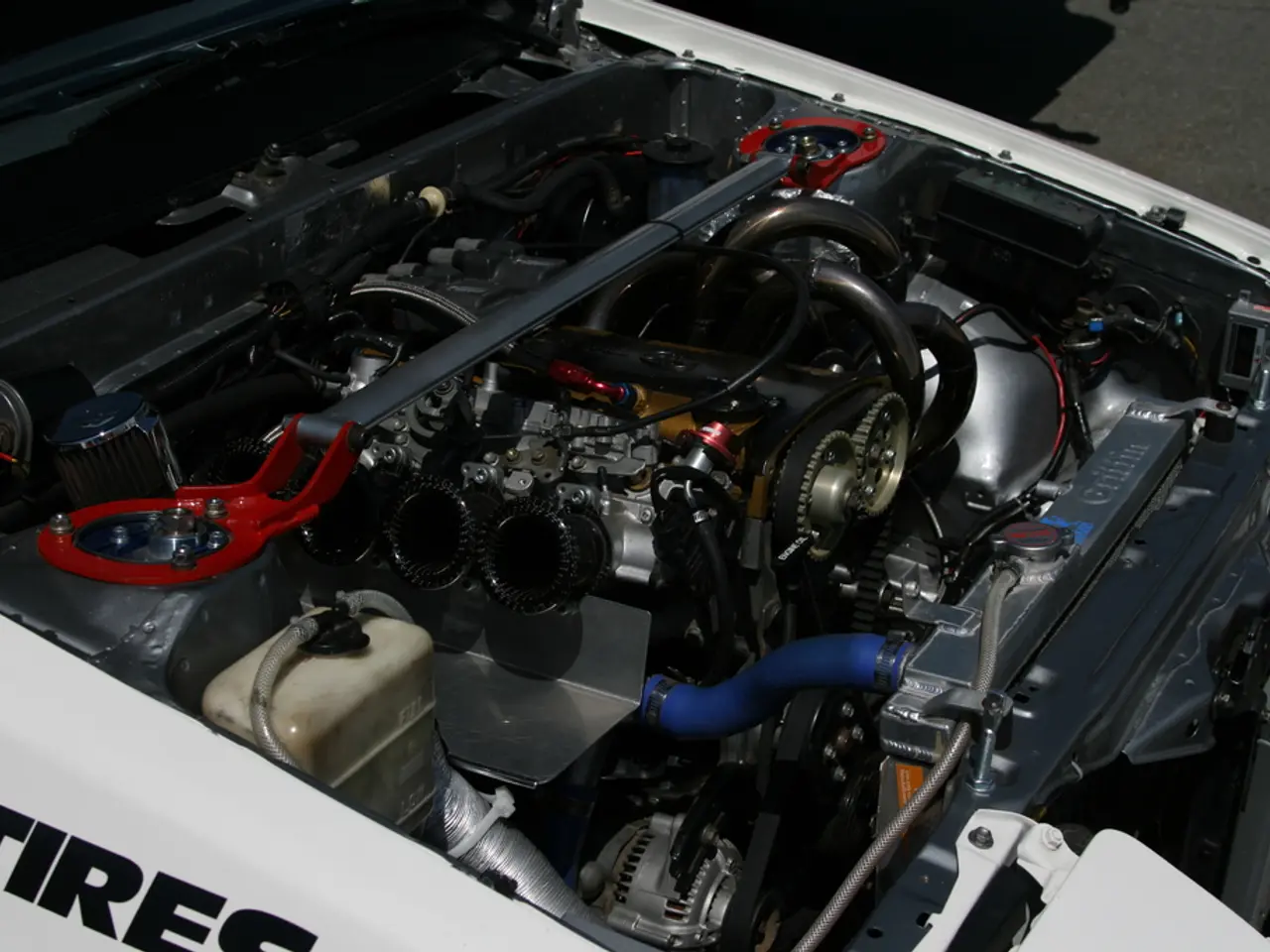New Funding Secured: $2.3 Million Investment to Boost Domestic Electric Vehicle Battery Cathode Manufacturing by Nascent Materials
Nascent Materials, a battery materials startup based in Newark, New Jersey, is making strides in the field of lithium-ion cathode manufacturing. The company, which specializes in the production of lithium iron phosphate (LFP) and lithium manganese iron phosphate (LMFP) cathodes, recently emerged from stealth mode and raised $2.3 million in a seed funding round.
The funding round was led by SOSV, with additional backing from the New Jersey Innovation Evergreen Fund and UM6P Ventures. This investment will facilitate Nascent Materials' expansion plans, thanks in part to its relationship with the New Jersey Economic Development Authority (NJEDA) in Newark.
Founded by Chaitanya Sharma, who has prior experience at Tesla’s Gigafactory and lithium-ion manufacturer iM3NY, Nascent Materials is developing a novel manufacturing process for cathode materials. This process is more energy-efficient and reduces manufacturing costs by about 30%, while enhancing the energy density of the cathode by up to 12%.
The startup is focused on manufacturing improvements instead of developing new battery chemistries, aiming to create incremental but impactful advancements to further reduce costs and improve performance. Their mission is to make these cathode materials both better and cheaper, supporting broader adoption in electric vehicles (EVs) and energy storage systems by driving down battery costs while improving energy density.
Nascent Materials plans to continue scaling and refining their manufacturing process primarily for LFP and LMFP cathodes, materials favored by automakers and data center operators due to their safety and cost advantages. The company is commissioning a bench-scale manufacturing line capable of batch production in kilogram-level quantities, and their approach does not use precursor cathode active material (pCAM).
The expansion plans do not reveal any specific timeline for commercialization, but the company has begun sending cathode material samples to prospective customers for qualification purposes. The manufacturing system is modular and flexible, capable of integrating and substituting various raw materials. Nascent Materials' relationship with UM6P Ventures seems to be instrumental in securing strategic raw materials partnerships.
The company's prior support from HAX and the NJEDA suggests a strong local support system for Nascent Materials. However, the details about the expansion of production do not specify the location beyond being closer to commercialization. The approach significantly reduces energy-intensive synthesis steps, lowers cost, improves process sustainability, and enables tighter quality control.
In summary, Nascent Materials is advancing lithium-ion cathode manufacturing through a novel, cost-effective process targeting existing chemistries like LFP and LMFP. Their progress includes successful seed funding, development of a process that increases energy density and reduces costs, and plans focused on scaling this technology to meet growing market demand in EVs and data centers.
- The investment raised by Nascent Materials will be utilized to expand their business, leveraging their relationship with the New Jersey Economic Development Authority (NJEDA) in Newark.
- In order to drive down battery costs while improving energy density, Nascent Materials is focused on creating incremental but impactful advancements in their data-and-cloud-computing and technology-driven cathode manufacturing process.
- The funding received from various investors, including SOSV, the New Jersey Innovation Evergreen Fund, and UM6P Ventures, will be crucial in securing strategic raw materials partnerships for Nascent Materials and furthering their investments in sustainability and finance.




